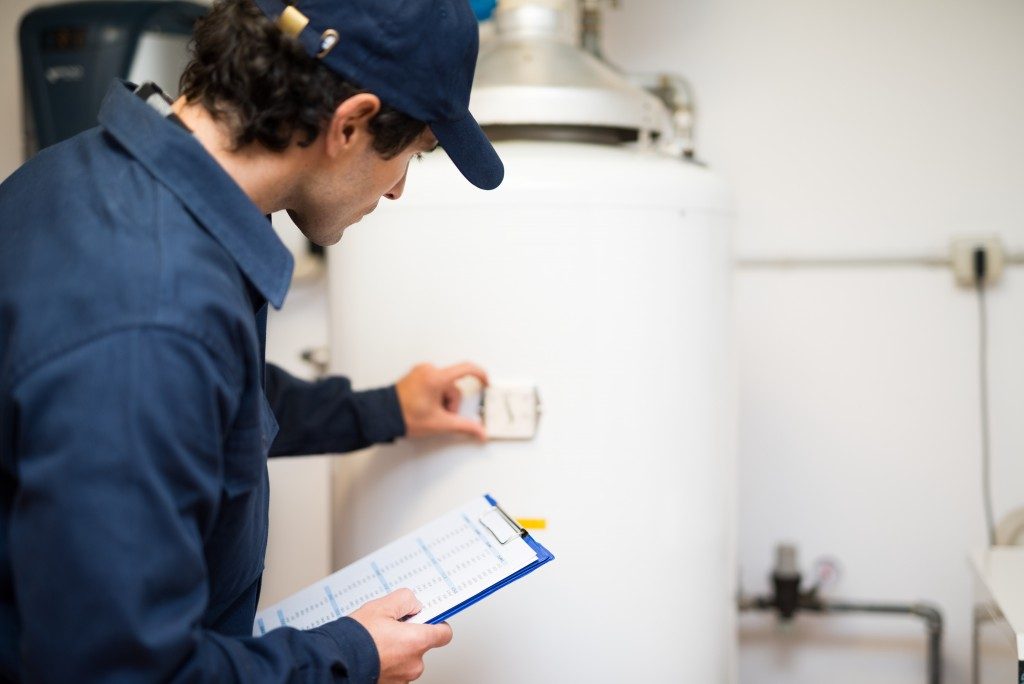Just like other household appliances, water heaters are usually ignored until a problem occurs. This can then disrupt your daily life and start to make you realize how much the system does for you and your family. This only makes it important to take care of the water heater and do whatever you can to extend its life before replacement.
Failure to care or maintain can cause the water heater to use more power, which will be reflected in your energy bill. This also could also mean that the system is working harder to heat the water, which then puts extra pressure on its components, increasing the likelihood of your water heater failing earlier than it is supposed to.
Water heater repair experts in St George share a few ways to get the more out of the system and extend its life:
Drain the heater or flush the tank
Over time, the calcium deposits in the water can cause the heater to have some sediment buildup. This is particularly true if your household uses hard water instead of soft water. Letting the sediment accumulate on the bottom of the tank can damage the unit and cause it to work harder. It can also clog the line, corrode the walls of the tank, and cause leaks.
Be sure to drain the heater or flush out the sediments at least once a year or according to the manufacturer’s recommendation. Note that you also have to do it often (every few months) if you have hard water. This can prevent mineral buildup and associated problems, as well as improve the efficiency of the unit.
Check and change the anode rod
 Inspect the anode rod, which is usually placed on the top of the unit. It is a steel core wire surrounded by different metals such as magnesium, aluminum, or zinc. It protects the units by preventing corrosion. The sad part is, this rod can corrode over time and no longer perform its job. This can lead to a host of other problems like rusts in the tanks, leaks, and even replacement.
Inspect the anode rod, which is usually placed on the top of the unit. It is a steel core wire surrounded by different metals such as magnesium, aluminum, or zinc. It protects the units by preventing corrosion. The sad part is, this rod can corrode over time and no longer perform its job. This can lead to a host of other problems like rusts in the tanks, leaks, and even replacement.
In general, anode rods can last between three and five years, but this will still depend on a few factors like your water’s quality. This is why it best to check the anode rod every three years to find out if needs replacement. Replacing the rod can extend the life of your unit and improve its efficiency. You can look for guides on changing the anode rod or get help from repair experts.
Install a pressure relieve reducing valve (PRV)
High water pressure can damage your unit, washing machine, and dishwashers. Installing a pressure reducing or regulating valve can lower the water pressure, which will then reduce wear and tear on the unit. A good setting for a PRV is between 50 and 60 psi.
You can also benefit from an expansion tank to protect the water heater from excessive pressure. This handles the thermal expansion of the water, which happens during the heating process. You can also contact a repair or service technician to find out how PRV and expansion tank can benefit your unit and household.
Take note of the things mentioned above and keep up with regular water heater maintenance. Don’t hesitate to call a water heater repair expert if you notice something wrong with your unit.

